Is Policy Keeping Up with Science and Technology Breakthroughs?
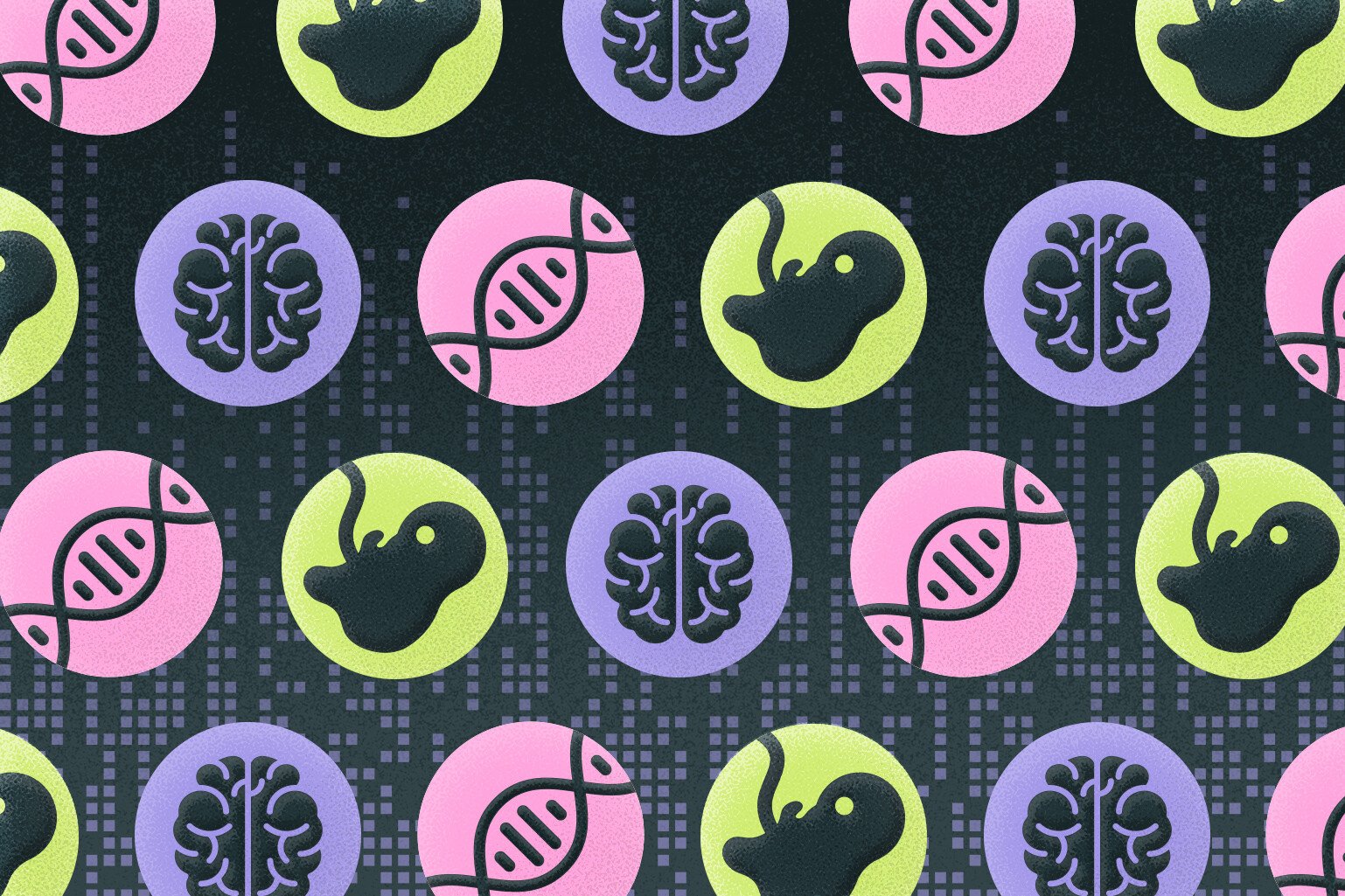
Send us a link

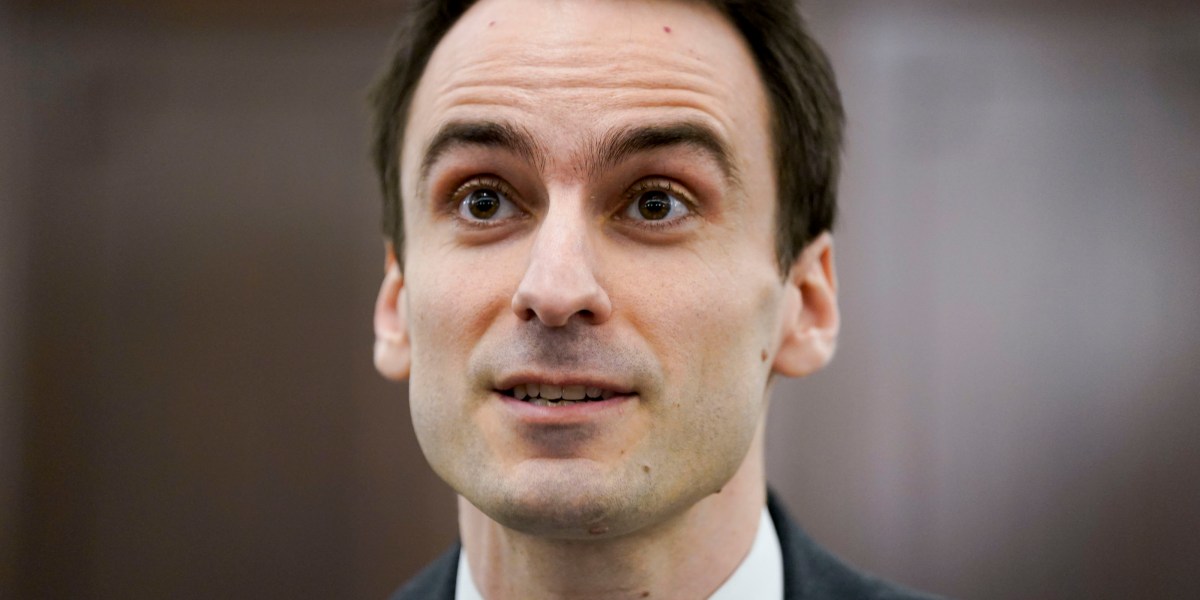
This blog explores why citizen science matters and how governments can support its growth through inclusive strategies, robust infrastructure, and international collaboration.
Nation prevented far more in medical spending and lost productivity than it spent on testing, buying & delivering the 2021 vaccines.
This study explores the application of a behavioral pattern language approach as a means to enhance intervention efficacy and support policymakers and practitioners who seek to solve problems at scales that cross diverse contexts.
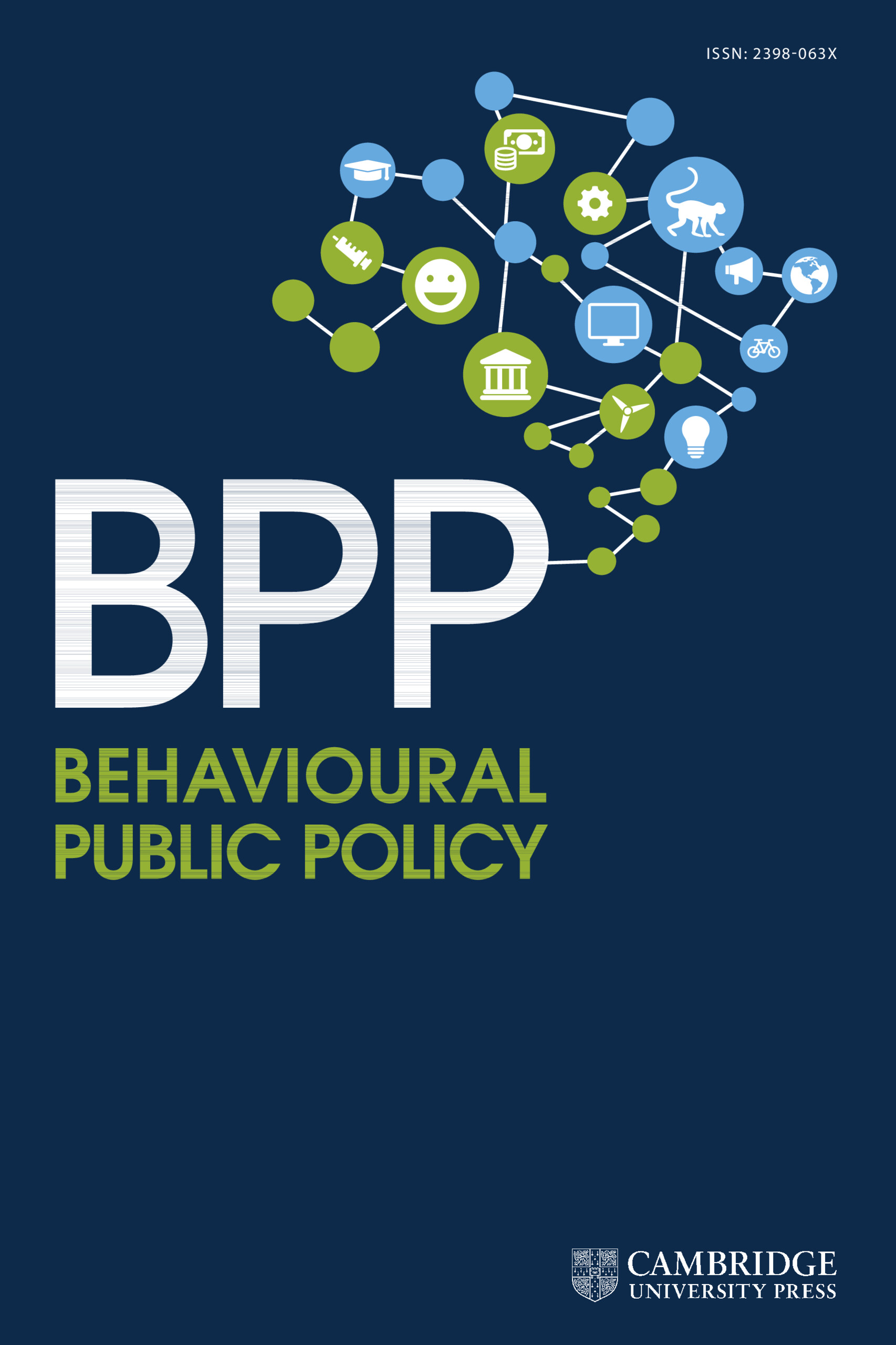
Africa is set for remarkable progress and transformation. Central to this development is the need to enhance higher education and research capacities across the continent and the European academic community has a unique opportunity.
Efforts to keep implementation of the European Research Area (ERA) going continued this week with the publication of a second ERA policy agenda, covering the years 2025 to 2027.
By denying the realities of sex, gender, and race, the White House's statements worsen inequity and cause harm.
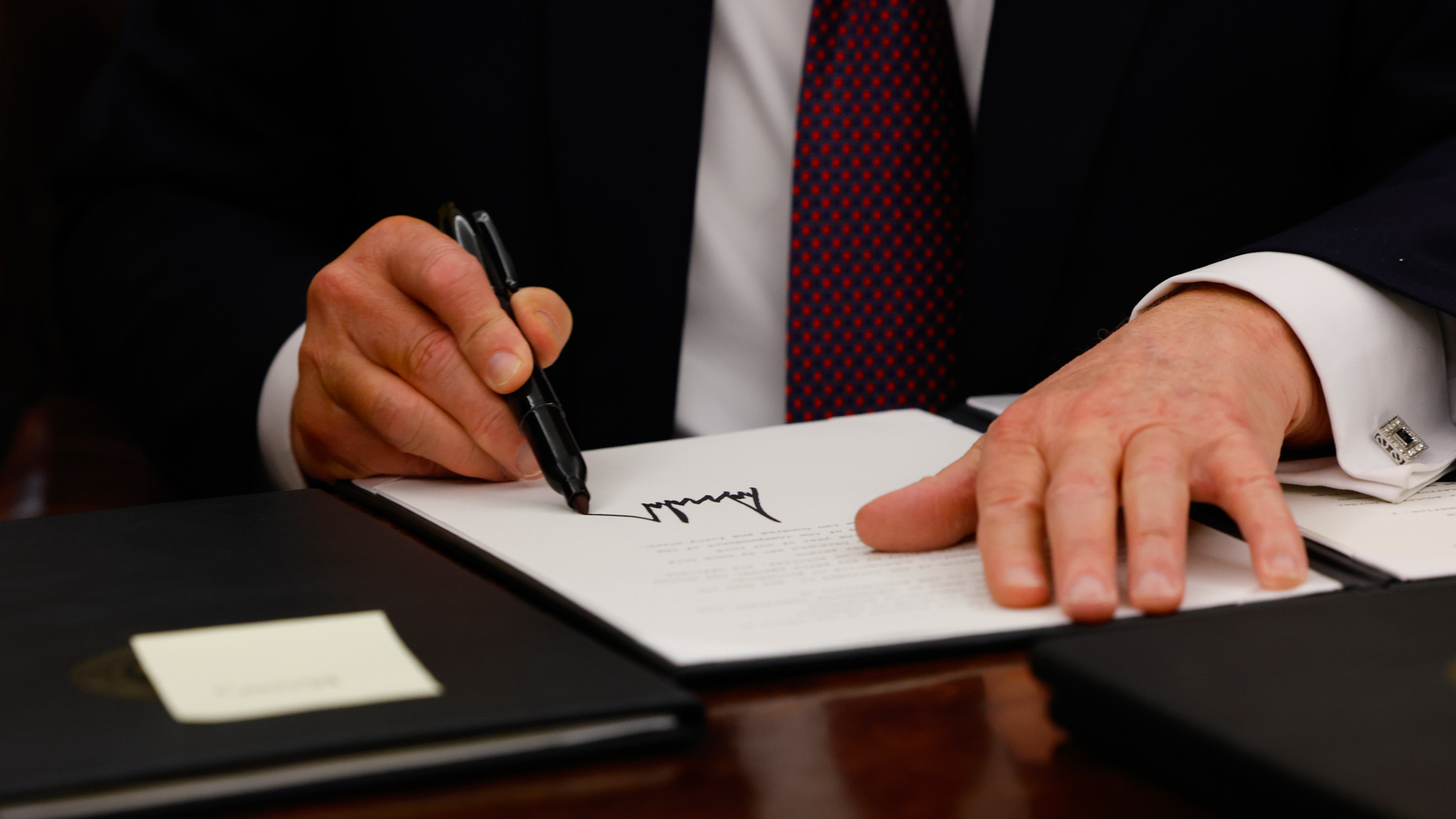
Three years after the attack on Ukraine, positions are changing, but there is no more money in Germany for military research.
In what is considered the most comprehensive post-pandemic survey of trust in scientists, researchers have found a majority of people around the world carry widespread trust in scientists.

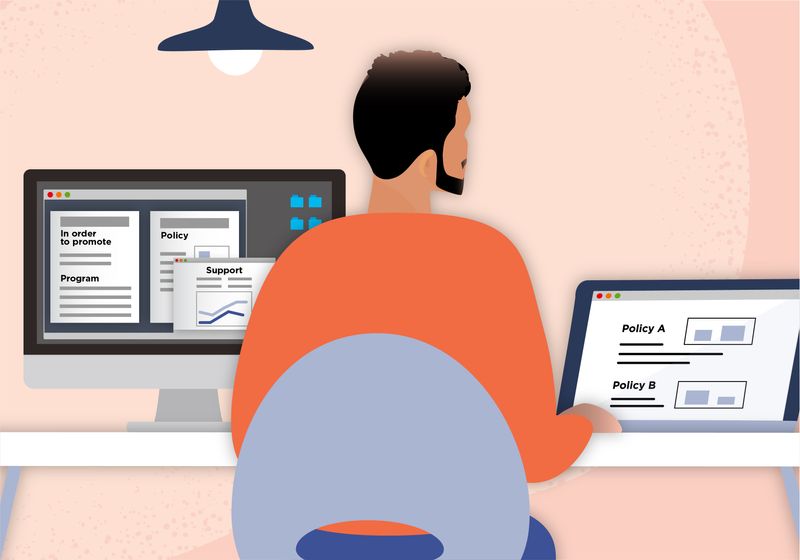
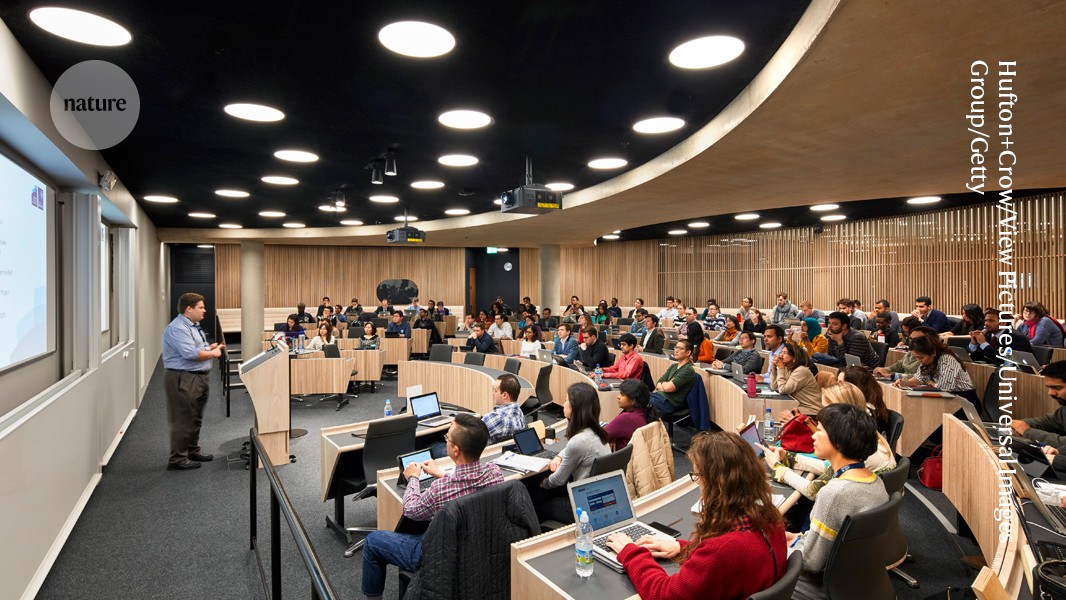
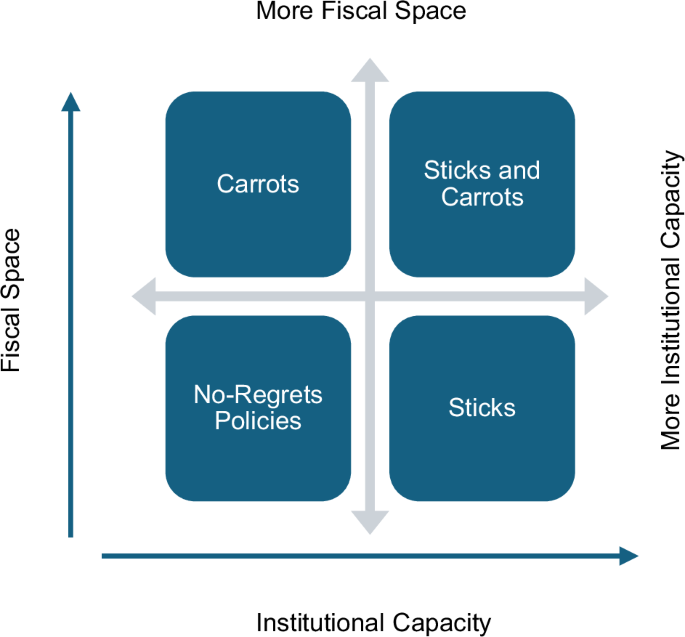
The swift evolution of AI technologies calls for policymakers to consider and proactively manage AI-driven change. This OECD's report distils research and expert insights on prospective AI benefits, risks and policy imperatives.

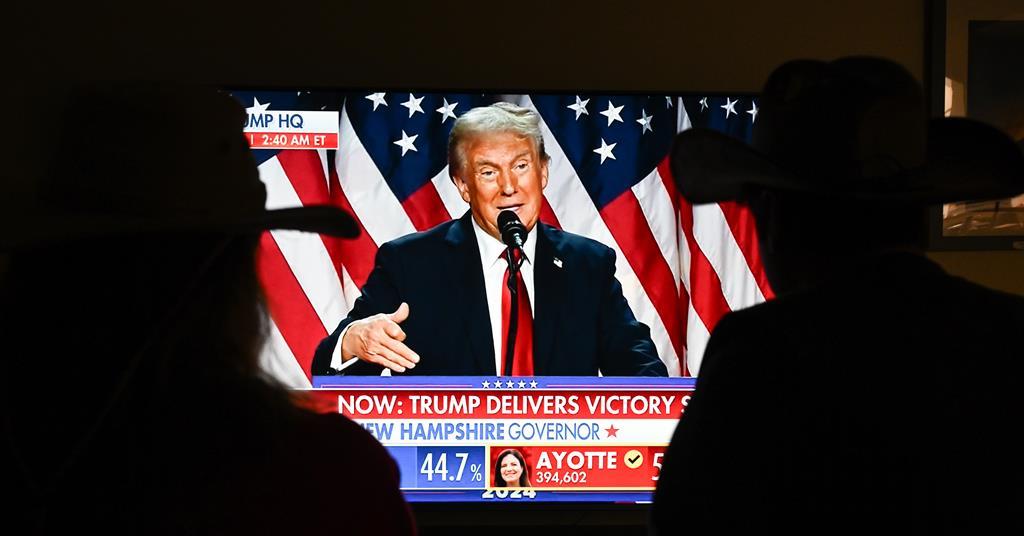
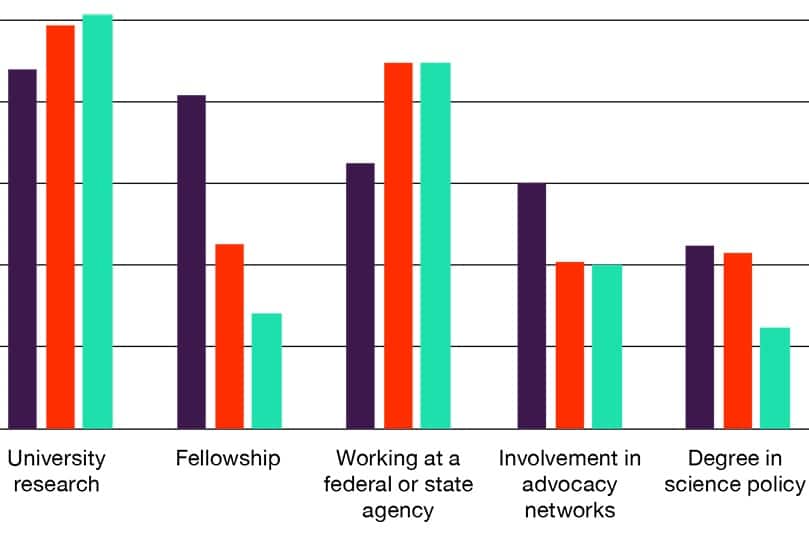
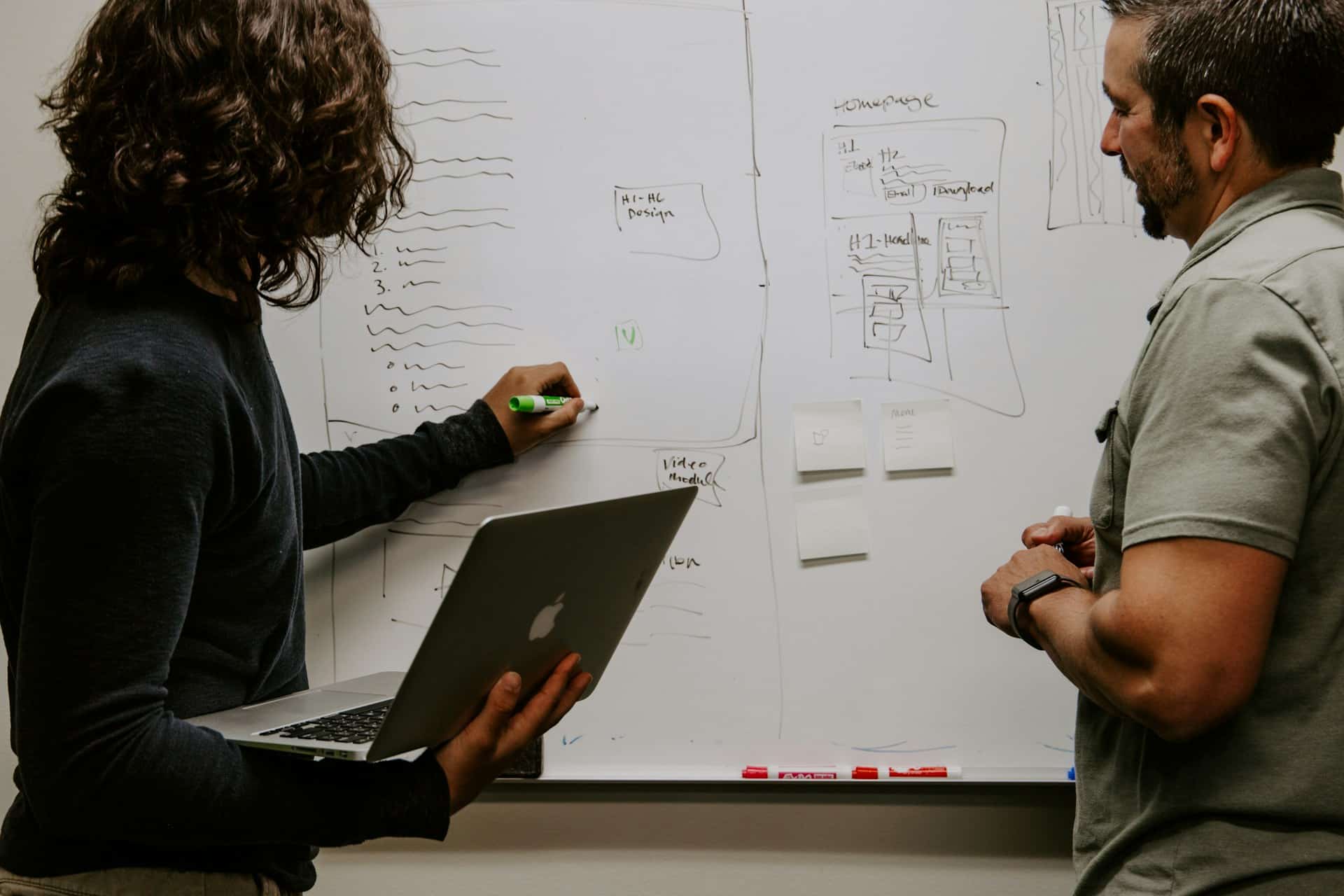

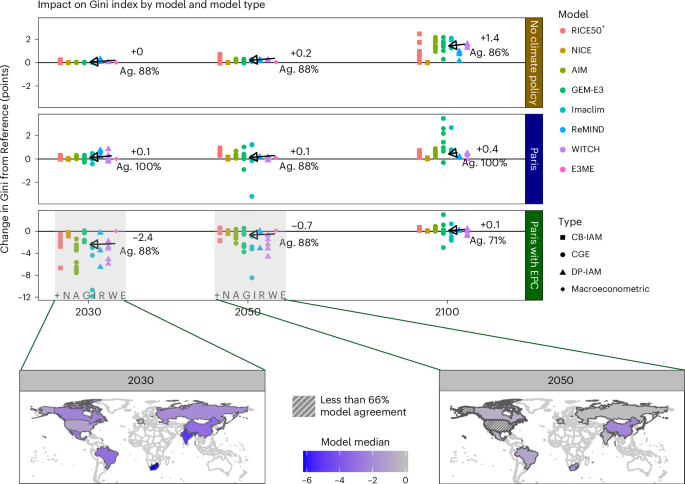
A new survey of climate experts reveals that a majority believes the Earth to be headed for a rise in global temperatures far higher than the 2015 Paris Agreement targets of 1.5 to well-below 2°C.
More interdisciplinary research may have greater relevance and be more heavily cited in policy documents.

Well ahead of a proposal by the European Commission for the next framework programme for research member states are haggling between "the friends of excellence" and countries with less-well developed research systems.

Policymakers should communicate how science informs their values and priorities in weighing policy trade-offs.

Journalists can help scientists earn the public’s trust by pointing out when scientists are being responsive to alternative hypotheses and the public’s values.

